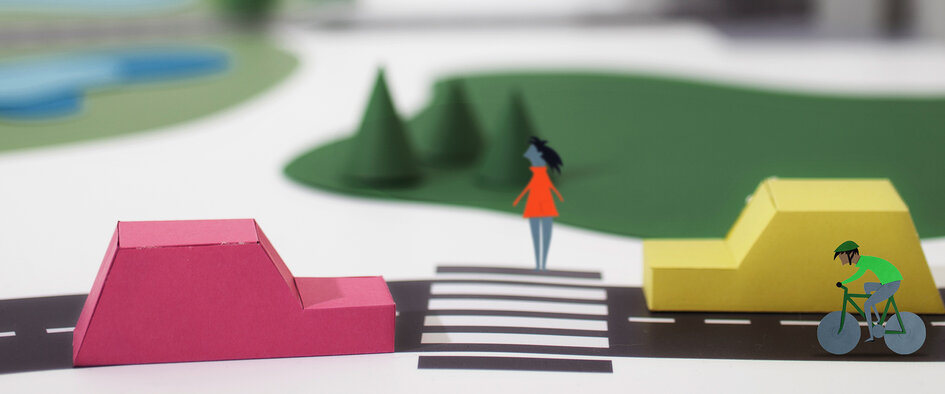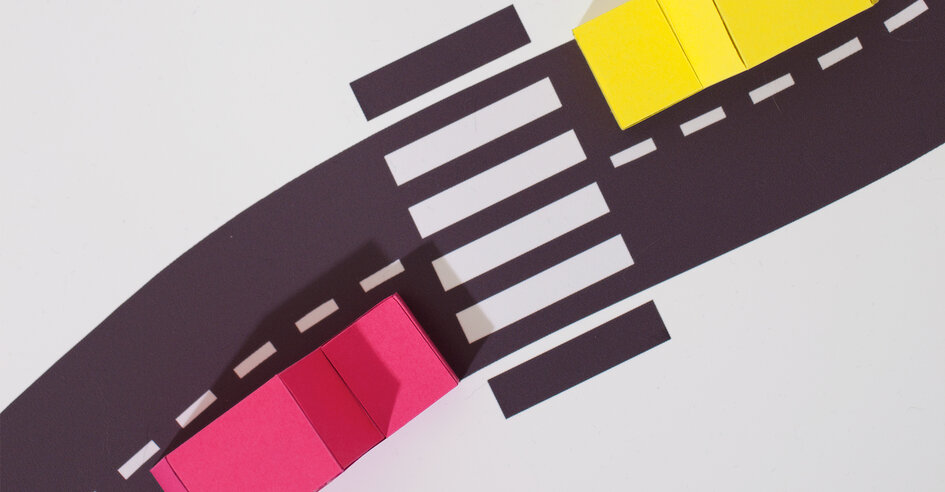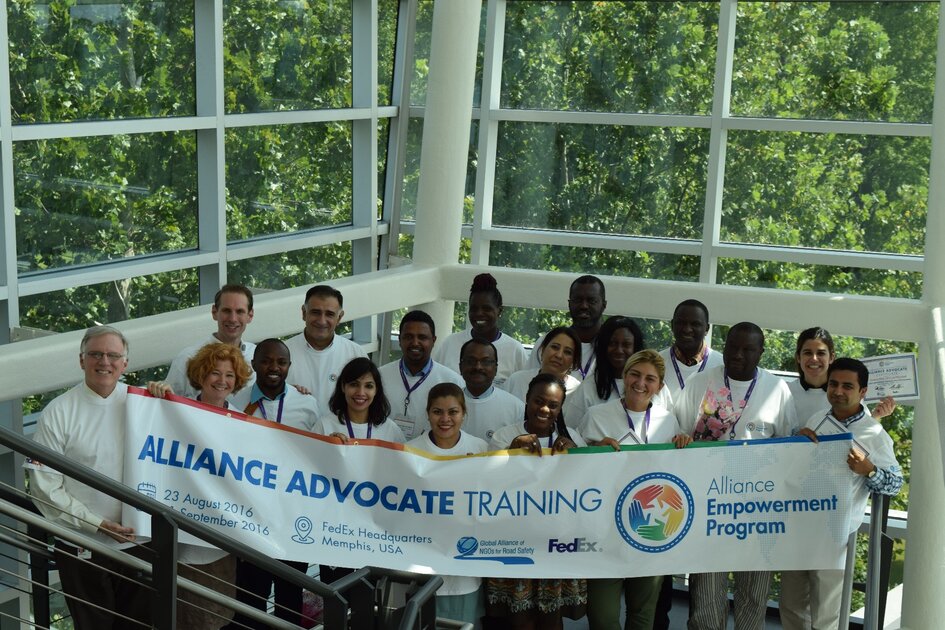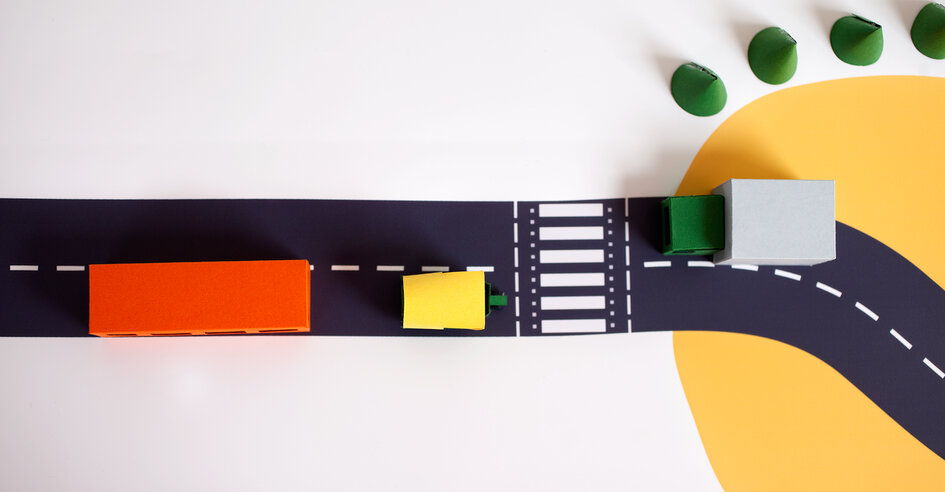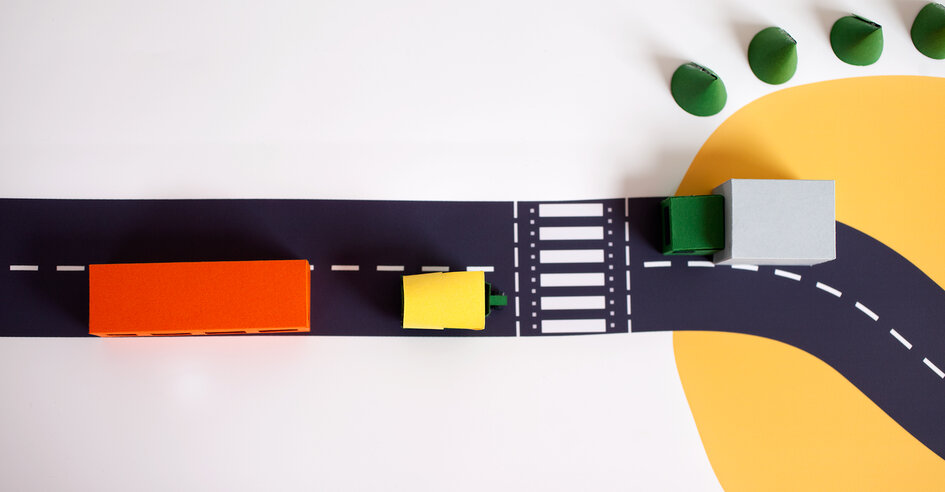
One of India’s most popular actors says #BeTheBetterGuy
Shah Rukh Khan is one of India’s most celebrated actors, and is joining a road safety campaign therefore has the potential to reach people residing in India and beyond.

Hyundai has always been an advocate of Safe Driving. Hyundai believes the process of safety begins with the driver taking responsibility for their individual actions. ‘Safe Move- Road Safety’ awareness films are unique in nature as they highlight various situations in our day-to-day life highlighting actions which can prevent mishaps. The messages in these films revolve around creating innovative content, pressing on to ‘#BeTheBetterGuy’ in an adverse situation related to road safety and Behavioral Change.
Road Safety films focus on bringing ‘Behavioral Change’. The key communication focuses on Safe Driving habits related to Use of Seat Belts, Over Speeding, Drunk Driving and Mobile phones usage while driving.
“Hyundai Motor India is a Caring Brand, we want all the drivers to realize the importance of safe and responsible driving. We are confident that with these films, Safe Move Campaign will become a Social Movement with people’s participation for a better future.” – Mr. YK Koo, Managing Director and CEO, Hyundai Motor India Ltd.

“I am proud to be part of Hyundai Safe Move- Road Safety films as they are unique and well thought out. All films aim to deliver safety messages about different driving habits to bring positive Behavioral Change. These films will create a sense of responsibility in the mind of every driver and I am sure it will make a realistic on ground difference.” – Mr Shah Rukh Khan, Corporate Brand Ambassador, Hyundai Motor India Ltd.
#BeTheBetterGuy | Road Safety ft. Shah Rukh Khan | Use Seat belt
“Aapki Car Mein Aapki Safety ke liye sab kuch hai, Because we care about you, but do you care about yourself? Put Seat Belt On When You Drive, Be The Better Guy” .
#BeTheBetterGuy | Road Safety ft. Shah Rukh Khan | Don’t Over Speed
“Aapki Car Mein Aapki Safety ke liye sab kuch hai, Because we care about you, but do you care about yourself? Don’t Over Speed, Drive Responsibly, Be The Better Guy” .
#BeTheBetterGuy | Road Safety ft. Shah Rukh Khan | Don’t Drink and Drive
“Aapki Car Mein Aapki Safety ke liye sab kuch hai, Because we care about you, but do you care about yourself? Don’t Drink & Drive, Be The Better Guy” .
#BeTheBetterGuy | Road Safety ft. Shah Rukh Khan | Don’t Use Mobile while Driving
“Aapki Car Mein Aapki Safety ke liye sab kuch hai, Because we care about you, but do you care about yourself? Don’t Use Mobile When You Drive, Be The Better Guy” .

On social media, the public is invited to take the pledge to be take road safety seriously online. Scored of people from all around the world have pledged their methods to #BeTheBetterGuy.

